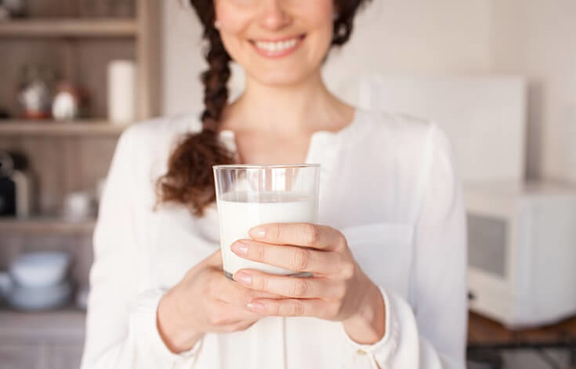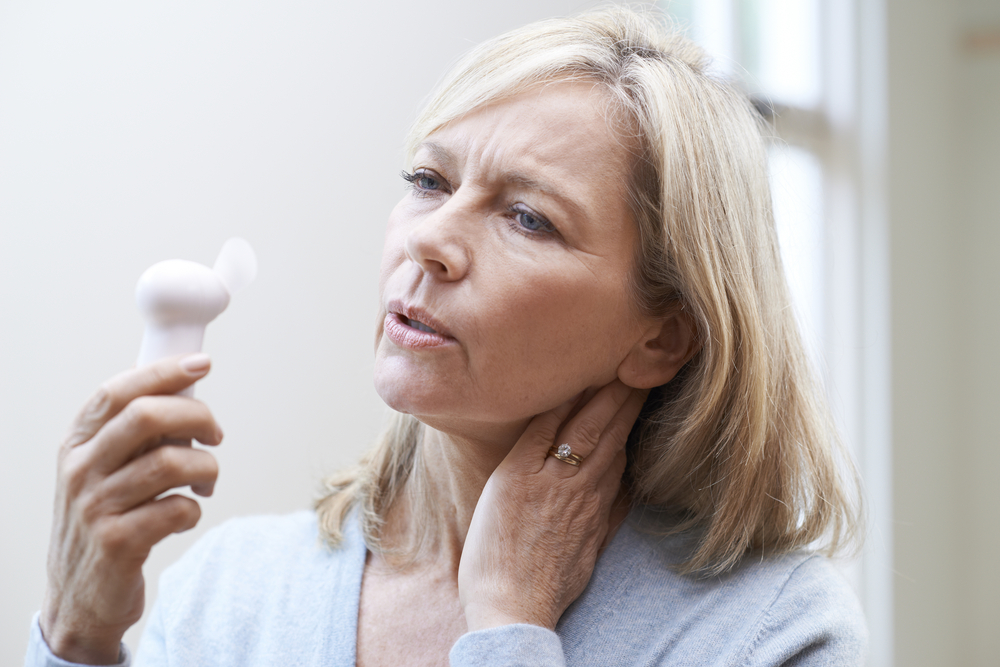
Can I keep consuming dairy products if I'm lactose intolerant?
Contrary to popular belief, lactose intolerance and dai
I'm not 20 anymore! Who in their fifties (or those with even more years behind them) hasn't been heard saying this dreaded phrase? From this age onward, fatigue, aches and pains, and longer recovery times often result in people slowing down, which can be a source of many problems. The "miracle" solution therefore seems simple: eat less. However, this is a misconception. Eating less can lead to bone and muscle loss and have an adverse effect on your state of mind. Here is a little reminder of easy and effective habits to eat better, treat yourself, and stay active.

Like the rest of the body, our muscles, in charge of our movement and bones, are unfortunately affected by aging. Two changes in their structure and properties are especially common after the age of 50.
In men, bone demineralization starts around age 50, while in women, it starts with the menopause. This excessive loss of mineral elements (phosphorous, calcium) from the skeleton leads to weakened bones and possible fractures.

As the ovaries stop functioning, women experience the effects of the menopause. On average, this happens around the age of 50, however, it varies from one woman to the next. Day to day, the menopause can be a difficult time, as it is often accompanied by a number of inconvenient symptoms, including hot flashes, difficulty sleeping, mood alterations, and changes to the texture of the skin and the hair. Other recurring risks for women going through the menopause include weight gain and bone demineralization, which increases the risk of osteoporosis.
Although it goes mostly unnoticed, muscle loss starts very early on in life. That's right — after the age of 30, we gradually lose 3 to 8% of our muscle mass every decade, with the process speeding up after the age of 501. To make matters worse, those prized muscles are replaced by body fat.
In summary, the body changes as we age, with our nutritional requirements along with it. This reality is not simply a question of fate; it can be effectively counterbalanced by ensuring that you eat well to "age well." So, you just need to stay in shape!
But how can you do this?
You already known that there are not really any "good" or "bad" foods. But while nothing is off-limits, you need to prioritize some foods and limit others, all while keeping a taste for the good things in life. This, in turn, is good for your mental health and therefore your health in general.
To prevent bone demineralization and the loss of muscle mass, you need to maximize your calcium, vitamin D, and protein intake.
Prioritize consuming up to three or four portions of milk and dairy products per day, such as yogurts, fromage blanc, and cheese. These represent the main natural sources of calcium.
Introduce oily fish (tuna, salmon, herring, sardines), eggs, and dairy products into your diet. This valuable vitamin D is also produced by the body when the skin is exposed to sunlight. As long as you moderate your sun exposure and protect your skin, this is a good idea.
Consume meat, fish, or eggs once or twice a day. If you do not eat much meat or fish, or many eggs, dairy products such as Soignon yogurts or cheeses offer a source of high-quality proteins that can help you boost your intake.

Here are 9 important nutritional guidelines to bear in mind once you hit 55:
For those of you who do not like the taste of dairy products, you can incorporate them into other recipes instead, such as vegetable flans, white sauces, homemade desserts, vegetable gratins, pasta dishes, and so on.
Try switching cow milk dairy products with dairy products made with goat or sheep milk to add variety to your flavours.
Products in the Soignon range are (for the most part) sources of calcium and proteins, nutrients which effectively contribute to maintaining muscle mass and bone structure.
Getting older can translate into weight gain, especially in women who are going through the menopause. In order to have better control over this hormonal change, it is important to maintain a balanced diet, eat well, and move more.
Doing at least 30 minutes of brisk walking per day or equivalent (where you can't talk without getting out of breath) is important to better burn off the energy you get from food. Doing regular physical activity increases your chances of aging with good health and helps reduce the risk of being overweight or having high blood pressure.

Find out more about weight gain and high blood pressure.
You can choose to consume dairy products such as yogurts or fromage blanc with a fat content of less than 5%.
1Munro HN. Adaptation of body protein metabolism in adult and aging man. Clin Nutr 1982 ;1:95-108.